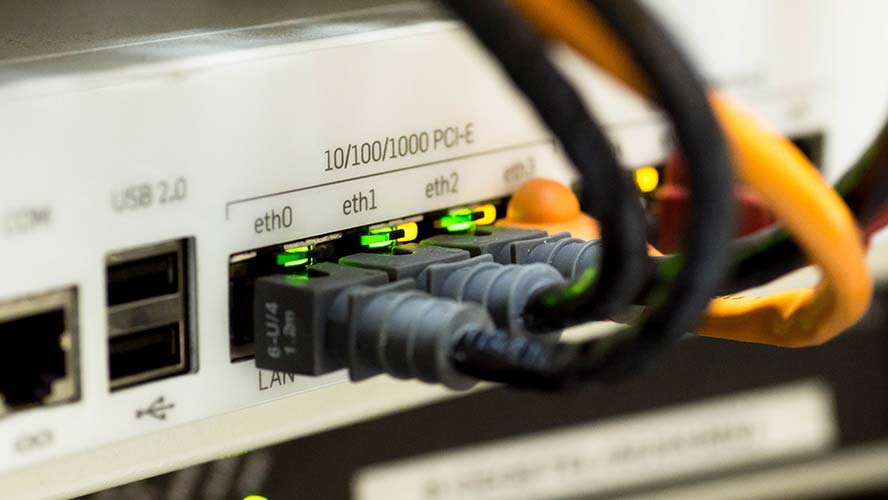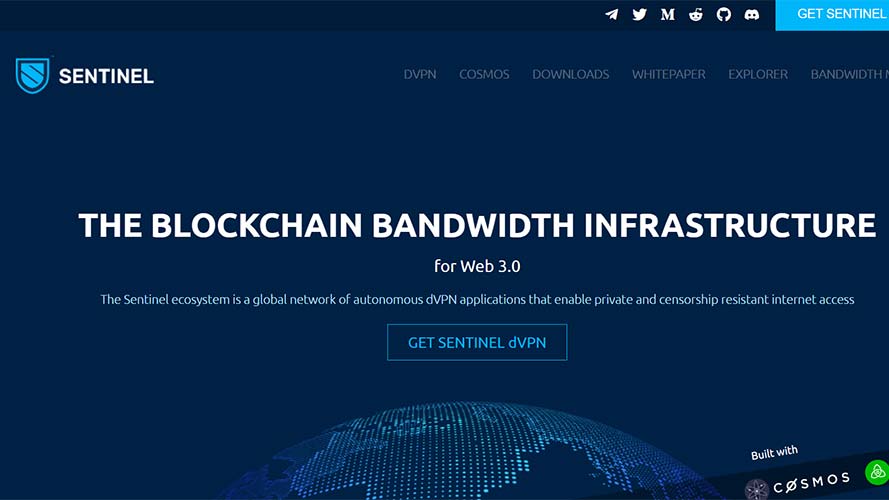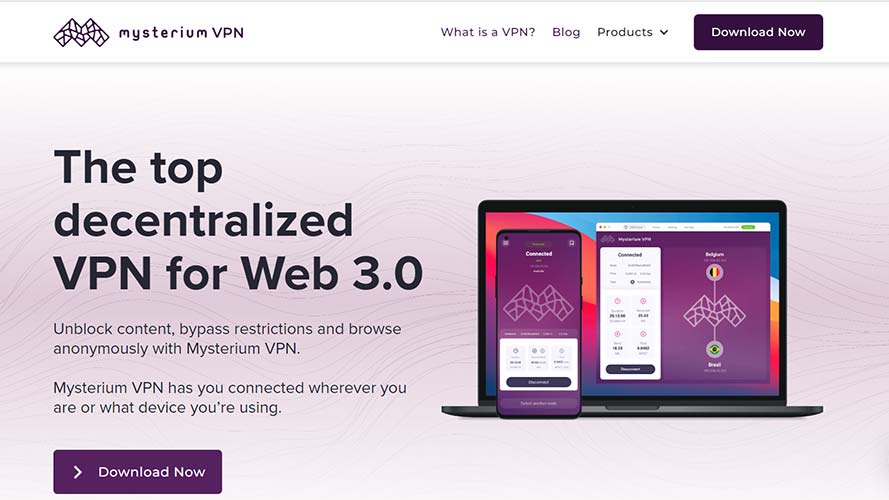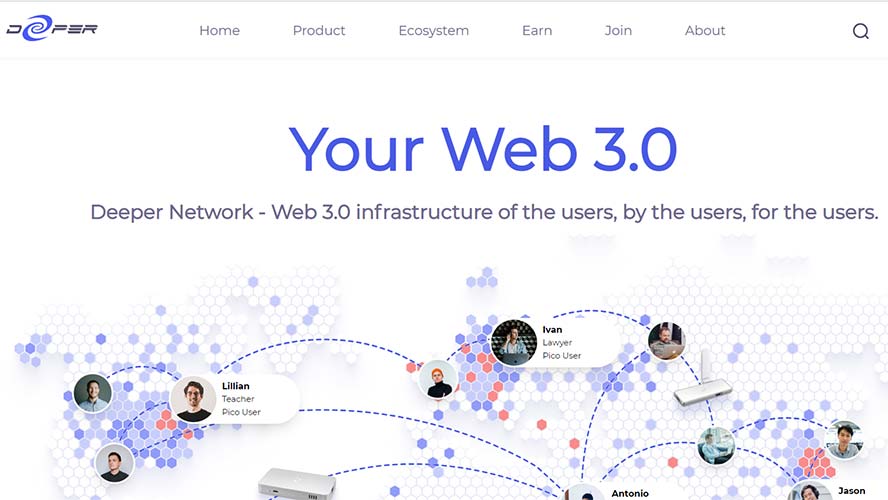What is a decentralized VPN — and should I use one?
The whats, whys, and hows of decentralized VPNs
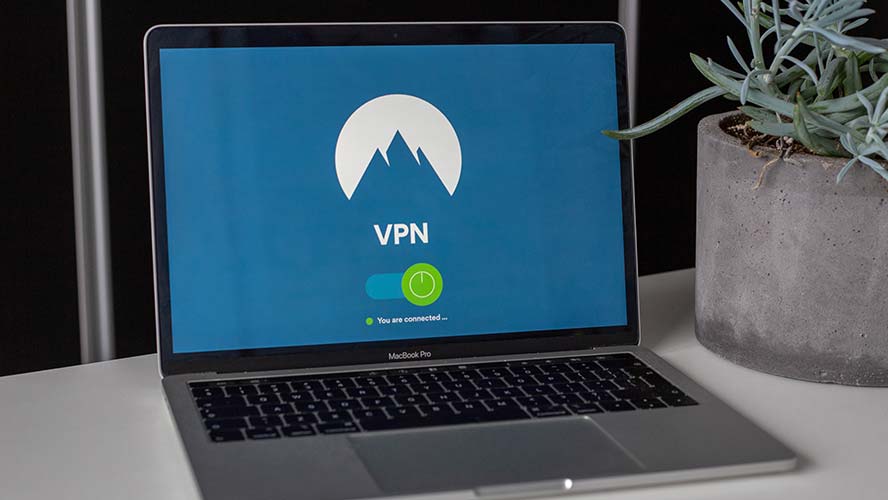
Blockchain technology has revolutionized everything from art to currency. Information storage and security was always a logical use case, and now we’re beginning to see just that with decentralized VPNs, or dVPNs. These decentralized virtual private networks are an amalgamation of two technologies designed to keep users private and, ultimately, safe.
VPNs are designed to mask your online identity by using servers scattered around the world. A decentralized VPN works similarly by using servers from different providers instead of one central provider. This feature makes it safer for users and more frustrating for hackers or those monitoring a connection.
What is a VPN?
Virtual private networks are servers meant to act as the bridge between a private and a public network. Generally, when you connect to the internet, your computer sends data to a public network, like a website or social media platform, which in turn sends data back to your computer. Using a VPN server throws in an additional connection to the mix by making it appear as if you’re connecting somewhere outside of your home or even your home country. This extra step makes it appear as if the endpoint — your PC — is located in an entirely different location when this data bounces back to your machine.
VPN software is a user-facing application of this technology. Using sophisticated encryption and an easy-to-understand user interface, all internet users now have the ability to mask their connection from online services, ISPs, and the companies or individuals trying to harvest your data.
Most of the best VPN services we’re familiar with would be classified as a centralized VPN. These VPNs work within a network of servers owned and controlled by a single entity — the VPN provider.
What is a decentralized VPN?
The problem with a VPN is immediately obvious. If you’re sending all of your data to one company, what stops them from becoming the bad actors or handing it over to anyone who requests or purchases it? A centralized point of failure is baked into the services and while these are much safer than surfing the web without one, they aren’t perfect solutions.
This is where decentralized VPNs stand above typical centralized VPNs. Decentralized VPNs “decentralizes” the ownership and control of VPN servers. It means that servers are scattered around the globe — owned and controlled by different entities. Instead of VPN providers, dVPN servers rely on volunteers that let others tap into their unused bandwidth.
Why Should I Use a VPN?
Every day, we become more and more dependent on the internet to get through the day. A big chunk of our daily life revolves around web-connected services — from calendars and email to video streaming and text messages. What keeps us connected with anyone around the globe also opens us up to attacks from anyone in it.
Connecting to the internet means the internet also connects to you. It is a two-way street of information that requires you to make some privacy tradeoffs to utilize it. Naturally, no one wants some shady person behind a computer peeking at their most private information. And one of the best ways to prevent this is with a VPN.

VPNs anonymize your IP address by passing your data to a server owned by the company. Sending a data packet to this server means sending a message to the online service or website that your location, IP address, and personal details are off limits. It’s a shield, of sorts, that blocks unwanted access from outside parties by lumping thousands of users onto a single server — making this data all but useless to outside parties.
What are some popular decentralzied VPNs?
Sentinel
Sentinel is a dVPN that allows users to earn tokens for sharing their bandwidth. Sentinel pays you with its own token for allowing other Sentinel users to utilize your excess bandwidth. Another cool thing about Sentinel is that it is designed to reduce its carbon footprint by allowing dVPN servers to share resources. Check out how Sentinal uses cryptocurrency to make browsing the internet safer.
Mysterium
Another fan-favorite dVPN is Mysterium. Mysterium, besides the typical dVPN features, allows users to run their own independent nodes. It also boasts an impressive 1,800 connections scattered across 80 different countries. For users with a tight budget, Mysterium is one of the few dVPN providers that offer a pay-as-you-go scheme. You only need to pay for each gigabyte of data you use.
Deeper Network
Deeper Network utilizes both blockchain and firewalls to protect its users. It also offers Smart Routing, Multi-Routing, and unregulated access to any nation — all without affecting your internet speed. Businesses can also rely on its enterprise-level version that protects against trackers, Trojans, and malicious connections.
Sign up to receive The Snapshot, a free special dispatch from Laptop Mag, in your inbox.
Bryan covers everything you need to know about Windows, social media, and the internet at large for Laptop Mag. Thanks to his extensive knowledge of operating systems and some of the most popular software out there, Bryan has written hundreds of helpful guides, including tips related to Windows 11 drivers, upgrading to a newer version of the OS, editing in Microsoft Photos, or rearranging pages in Google Docs.

